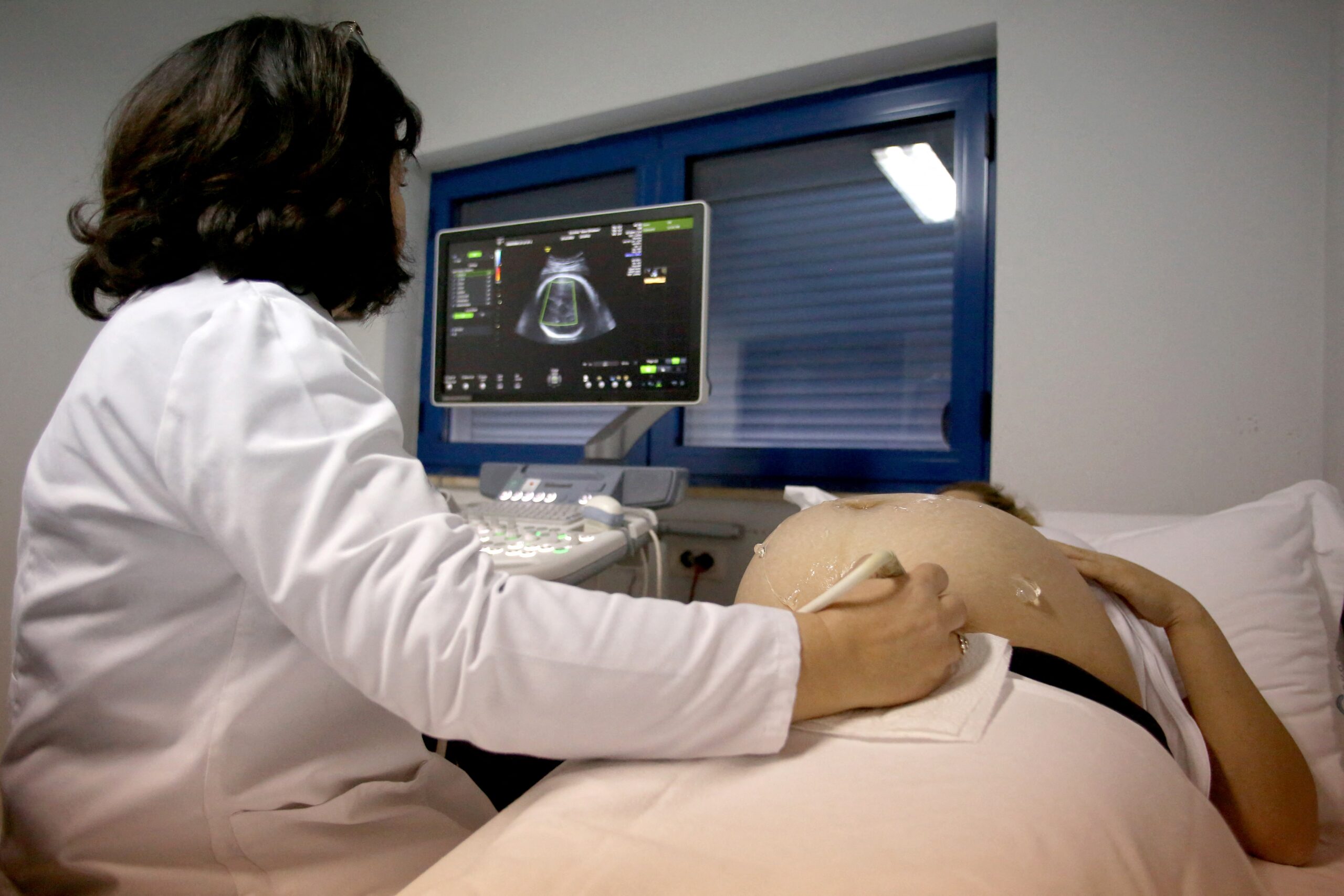- February 19, 2024
- 8 minutes read
Taking Prozac during pregnancy can affect fetal brain development: study

Taking antidepressants such as Prozac during pregnancy can affect the child’s brain development and potentially lead to them having mental health disorders later in life, a new study warns.
The research, published Friday in the journal Nature Communications, is said to be the first study to provide evidence of the direct impact of serotonin, a feel-good hormone, on the fetal development of the prefrontal cortex, a key part of the brain.
Scientists at the University of Colorado Anschutz Medical Campus focused their research on the antidepressant fluoxetine — sold under the brand names Prozac and Sarafem, among others — which works by raising serotonin levels.
“While it is known that serotonin plays a role in the brain development, the mechanisms responsible for this influence, specifically in the prefrontal cortex, have been unclear,” lead study author Won Chan Oh, an assistant professor in the Department of Pharmacology at CU Anschutz, explained in a statement.
“The prefrontal cortex, the most evolved brain region, plays a central role in highest-order cognition, which is why we focused our study on finding the answer from this brain area,” Oh added.
Oh and his team evaluated the effect of too much and too little serotonin on the brain development in mice.
Explore More
Scientists at the University of Colorado Anschutz Medical Campus focused their research on the antidepressant fluoxetine — sold under the brand names Prozac and Sarafem, among others — which works by raising serotonin levels. Getty Images
They found that serotonin heavily influences how connections between neurons change and adapt, contributing to the brain’s ability to learn and adjust.
Disrupting these connections during early development can spur various mental health disorders, the team determined.
“Understanding this correlation has the potential to help with early intervention and the development of new therapeutics for neurodevelopmental disorders involving serotonin dysregulation,” Oh said.
Oh says pregnant women should be made aware of the potential side effects of taking antidepressants and of drug alternatives for postpartum depression, as fluoxetine not only crosses the placenta but can also be passed to children through breastfeeding.
A study conducted between 2015 and 2018 found that 17.7% of female US adults reported using antidepressant medications in the past 30 days. And that was before the COVID-19 pandemic — studies have shown that anxiety and depression have greatly increased since 2020.
“While it is known that serotonin plays a role in the brain development, the mechanisms responsible for this influence, specifically in the prefrontal cortex, have been unclear,” explained lead study author Won Chan Oh (pictured here), an assistant professor in the Department of Pharmacology at CU Anschutz.
Fluoxetine isn’t just for treating depression — it’s also used for obsessive-compulsive disorder, Tourette’s syndrome, bulimia nervosa, panic disorder, hot sweats, and post-traumatic stress disorder, among other conditions.
A fact sheet for Prozac notes that “there is no proven risk for birth defects directly related to fluoxetine,” but studies indicate a higher chance for delivery before 37 weeks of pregnancy and for lower birthweight when the drug is taken in the third trimester.
“Research has also shown that when depression is left untreated during pregnancy, there could be an increased chance for pregnancy complications,” the fact sheet notes. “This makes it hard to know if it is the medication, untreated depression (or anxiety), or other factors that may be increasing the chance for these complications.”
